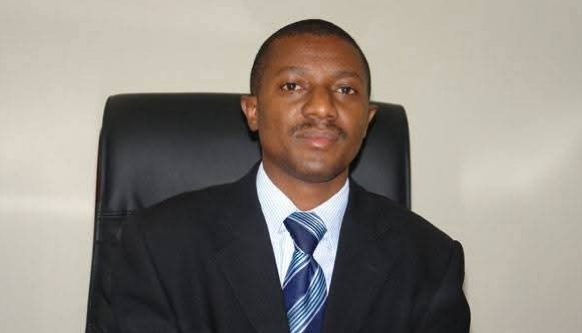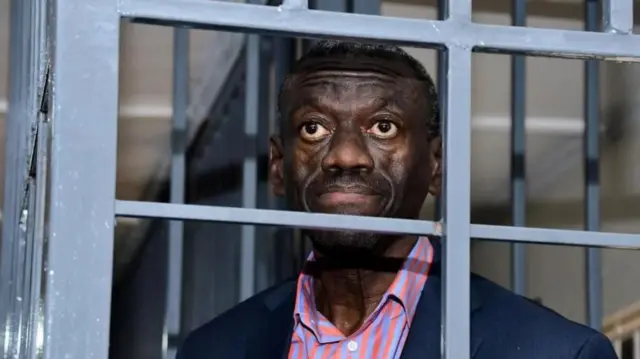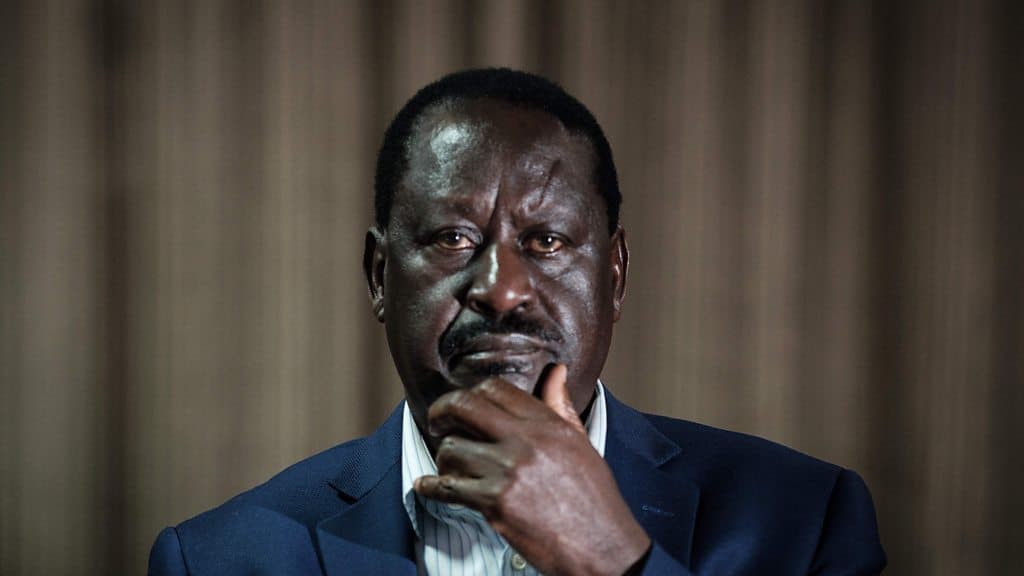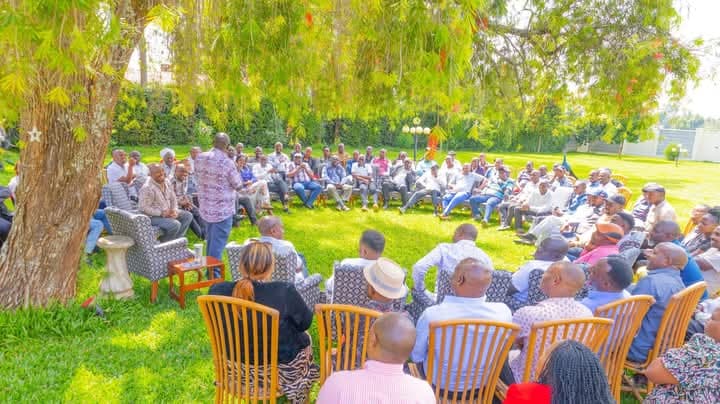Makueni Senator Dan Maanzo has made sensational claims, alleging that he was offered a Ksh. 4 million bribe to vote in favor of impeaching former Deputy President Rigathi Gachagua.
This Comes Months after Lawmakers voted Unanimously in Support of Gachagua's Impeachment.
According to Maanzo, “state agents” attempted to sway lawmakers by offering cash in exchange for their votes. He further revealed that those who hesitated to support the impeachment faced relentless threats.
Speaking on Citizen TV, on Tuesday, March 4, Maanzo described how the bribery scheme operated, claiming that accepting the money came with strict conditions.
“In Gachagua’s case, there was such an approach, but it didn’t work because it had conditions. The offer was Ksh. 4 million to vote YES. But if you took it and voted NO, you wouldn’t make it home,” Maanzo claimed.
He added, “People who come to the House to convince people. In fact, they said for Gachagua’s removal they want 100% vote of the Senate. Some of them are MPs, and others come from the hill (State House).”
Maanzo is not the first senator to raise bribery allegations.
After Gachagua’s impeachment, Nyandarua Senator John Methu claimed that an unprecedented lobbying effort took place, involving colossal amounts of money—up to Sh10 million—to secure votes for the DP’s removal at the expense of a fair trial.
The former DP had also alleged that MPs received bribes during secret meetings to facilitate his impeachment.
"Meetings have been held in Nyahururu, meetings were also held in Kitisuru in the house of a CS—we know what was being discussed. We know the amount of money that exchanged hands. We know these things," said Gachagua on September 20.
According to Maanzo, the so-called “state agents” were Members of Parliament and staff from the ‘Hill’ who were pushing for a 100 percent pro-impeachment vote in the Senate, undermining the independence of the House.
Beyond Gachagua’s case, Maanzo painted a grim picture of Kenya’s political landscape, asserting that bribery dictates major decisions in Parliament. He accused lawmakers of passing critical legislation under duress, warning that corruption has deeply infiltrated government processes.







